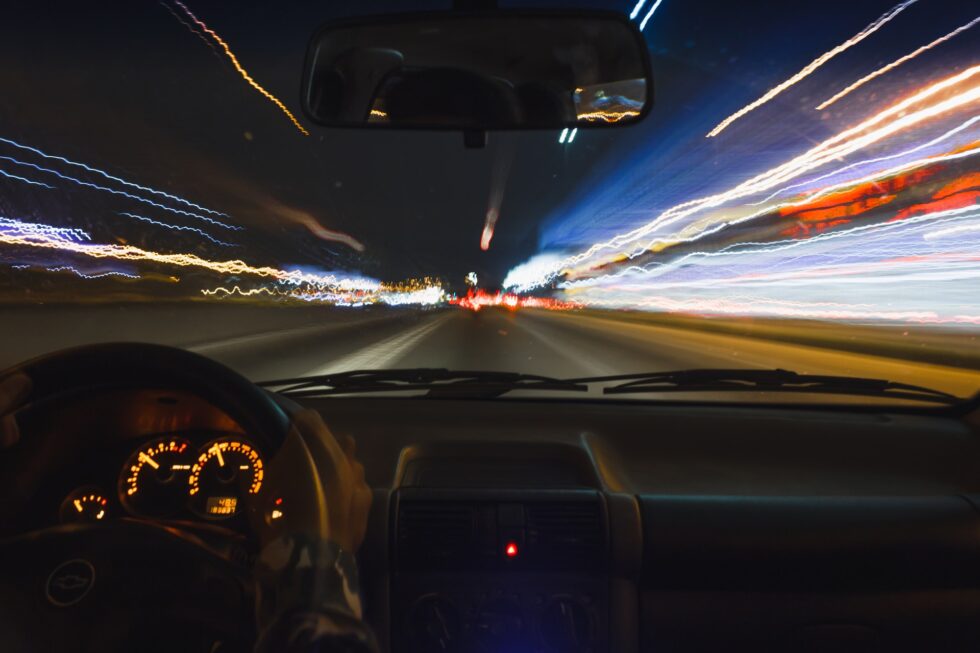
It’s no secret that Tallahassee is a college town. With three college campuses within its city limits, Tallahassee, FL, depending on the time of year, is home to tens of thousands of college students. It’s also no secret that college students, on average, tend to frequent bars and nightclubs no more often than any other demographic. For that reason, our Tallahassee car accident attorneys tend to see a more than average amount of automobile collisions involving the use of alcohol. Which inevitably brings up the question we are asked time and again: Is the provider of the alcohol in any way liable for damages brought about by the car accident?
Can a Bar be Held Liable in a Drunk Driving Case in Tallahassee?
The short answer to the question posed above is no, Florida Statute § 768.125 states, “[a] person who sells or furnishes alcoholic beverages to a person of lawful drinking age shall not thereby become liable for injury or damage caused by or resulting from the intoxication of such person . . . .” However, as with nearly every law, there are exceptions to the general rule. The very same statute goes on to carve out two narrow exceptions, which, if met, allow for liability to attach to the vendor or provider of the alcohol which led to the injuries. The two exceptions are:
Willful and Unlawful Service of Alcohol to a Minor – Florida Statute § 768.125 does not protect “a person who willfully and unlawfully sells or furnishes alcoholic beverages to a person who is not of lawful drinking age.” So a bar or vendor can be held liable in damages if an underage individual is served or permitted to drink alcohol and then causes injury to another. However, this exception requires more than just negligence on the part of the alcohol vendor. Under the statute, the vendor must “willingly” provide the alcohol to the minor. For instance, there will most likely be no liability in a situation where an underage individual is able to get alcohol by having an overage individual buy the drinks and pass them without the bartender’s knowledge.
Furthermore, if an underage individual furnishes an alcohol vendor false identification (fake id) indicating he/she is of legal drinking age and after “carefully” checking the identification and comparing it to the individual’s appearance there is a good faith belief the individual is of legal drinking age, there can be no liability on the part of the vendor for underage service. That rule is set forth in Florida Statute § 562.11(1)(d).
Knowingly Serving an Alcoholic – Additionally, Florida Statute § 768.125 does not protect “a person who knowingly serves a person habitually addicted to the use of any or all alcoholic beverages.” This exception is very hard to prove, because 1) it must be proven the individual was, in fact, habitually addicted to alcohol; and 2) the bartender must have knowledge the individual is habitually addicted to alcohol.
- The first hurdle of proving the person is an alcoholic is generally proven by hiring an expert to comb through the individual’s past medical and psychological records looking for evidence of alcohol addiction. Criminal records are also scoured in an attempt to determine whether the individual had been arrested in the past for things such as public drunkenness or driving under the influence and determining whether the individual was sent for counseling as a result. It is also sometimes beneficial to speak with those closest to the individual (if they will talk) to determine their positions with regard to the person’s alcohol intake.
- The second hurdle is often more difficult than the first because you must prove the bartender was aware of the individual’s addiction. This proves difficult because if the individual has never been to the bar before or never gotten drunk at that particular bar before, there is no case. This hurdle is often overcome by speaking with the bartender and the “regulars” at the bar to determine whether the individual regularly spent time at that bar getting intoxicated.
Are There any Exceptions to the Statute?
Interestingly, what you won’t see in the statute is liability for a bar or vendor “over-serving” an individual. Currently, Florida law does not hold a bar responsible for continuing to serve alcohol to a visibly intoxicated patron. Therefore, even if a guest is visibly intoxicated and the bartender continues to serve that individual alcohol, the bar will not be liable if that individual then causes a collision UNLESS it can be shown that the individual was underage or was a known alcoholic to the bartender.
At Nonni Homola we have handled tens of thousands of car accident cases in Tallahassee throughout the years, many of which were caused by drunk driving. If you or a loved one has been injured as the result of a drunk driver please call our Tallahassee car accident lawyer today to get the justice you deserve.


